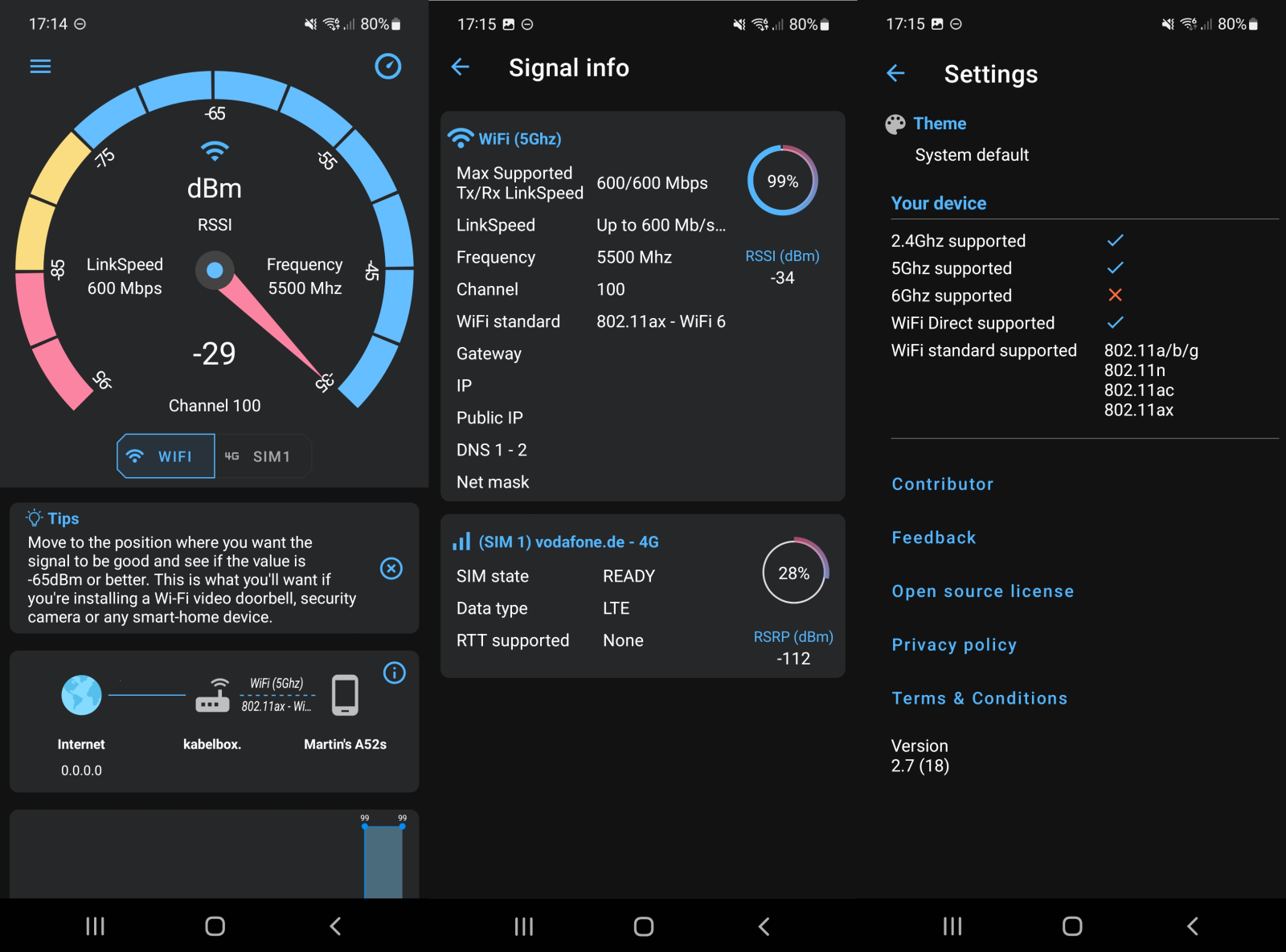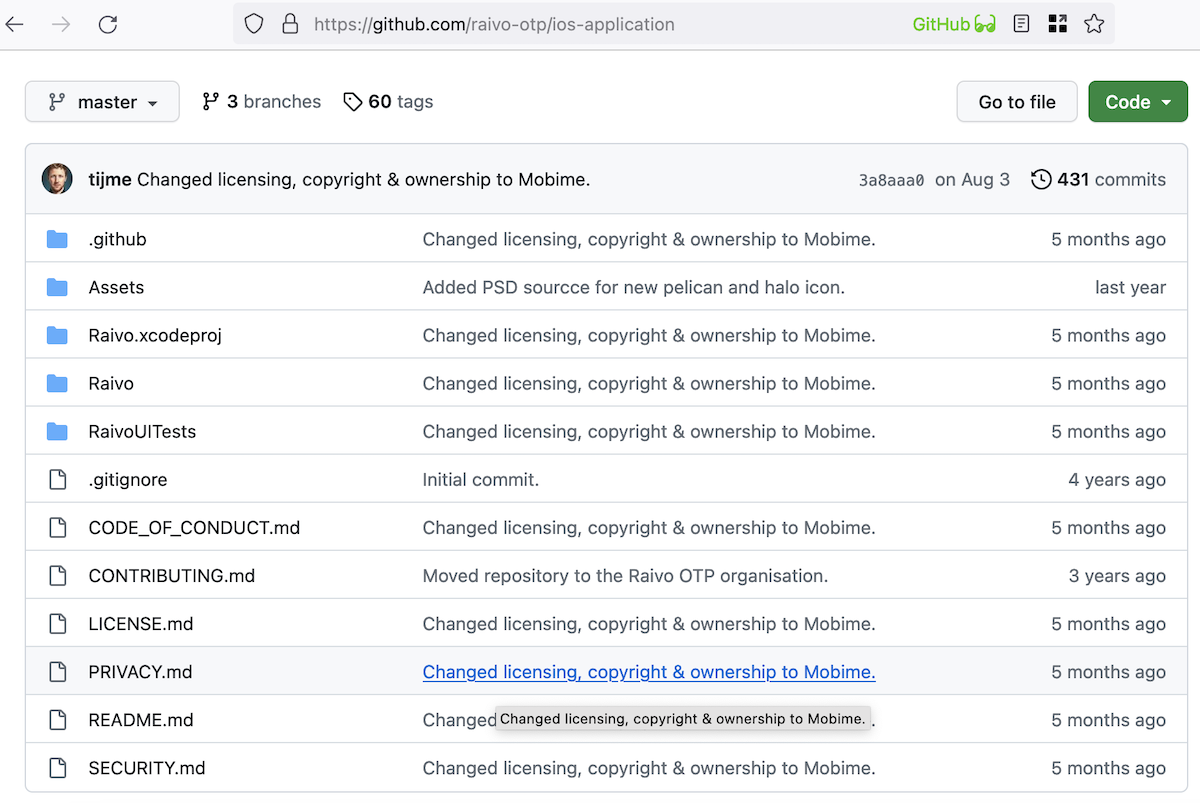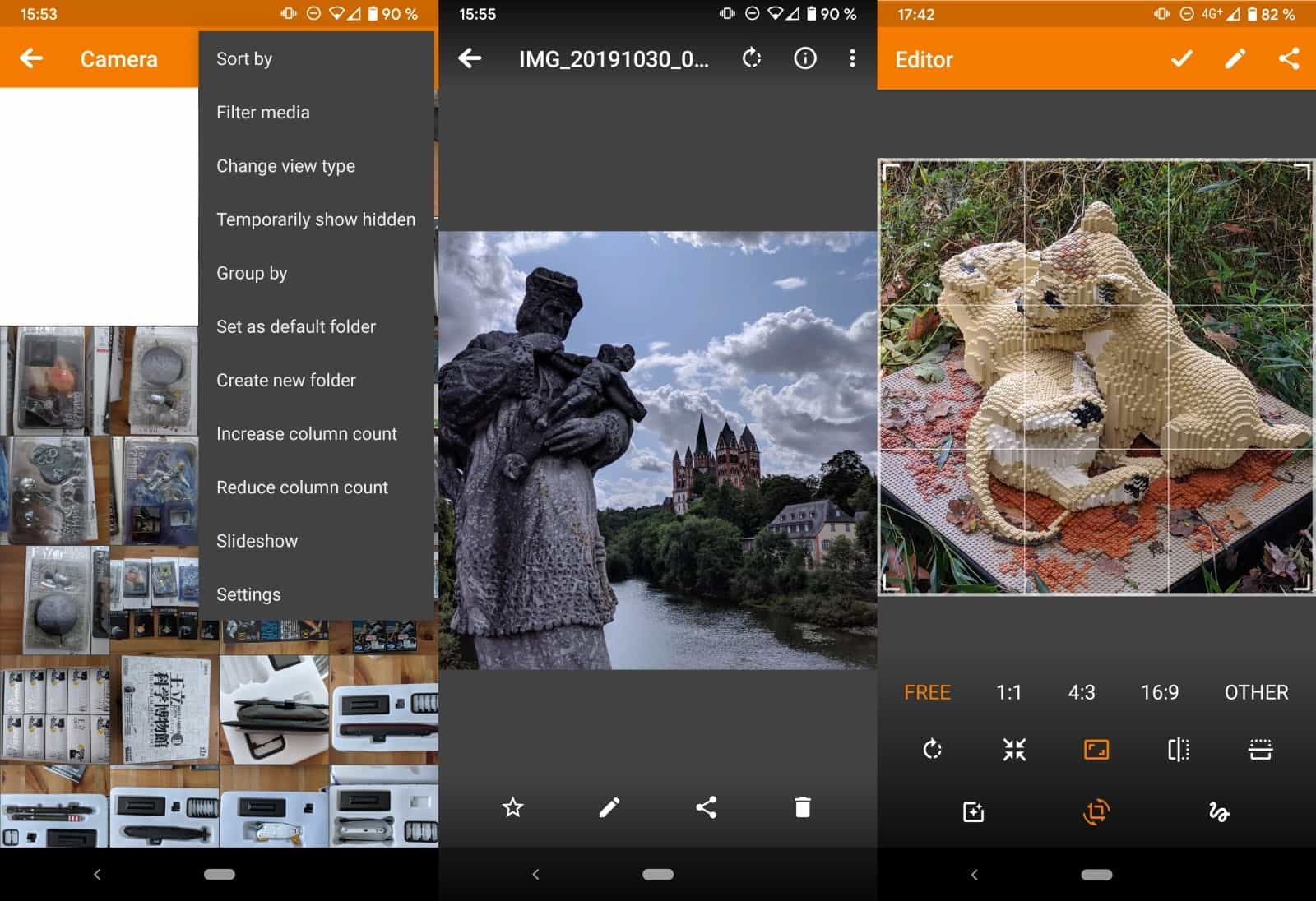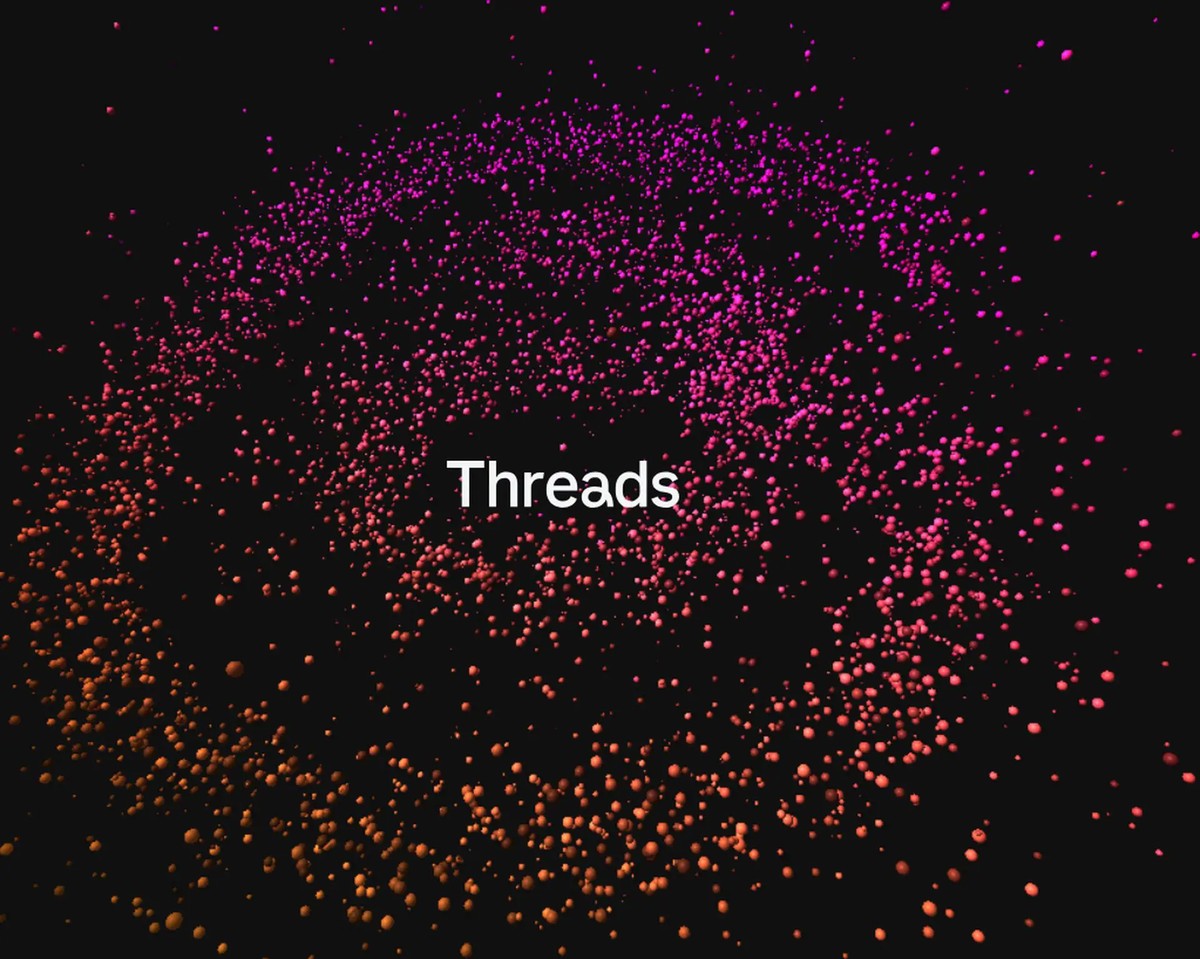Net Signal Pro Wi-Fi strength checker for Android

Net Signal Pro is a commercial application for Android to check the strength of wireless connections and to display various Wi-fi related information. A free ad-powered version is also available.

The app is available for free currently (if you are reading this on September 17, 2022. It installed without any issues on a test Samsung A52s 5G device. Net Signal Pro displays a strength meter when it is launched that highlights the connection quality to the wireless access point. The meter is updated in real time, and one of its main applications is to find ideal spots for wireless devices such as smart home devices, security cameras, wireless range extenders and even desk for work. According to the developer, a value of -65dBm or better indicates a good position for these devices. Areas with weaker coverage should be avoided.
The app keeps track of the signal strength over time as well, which complements the main functionality. The main page displays the current network connection next to that. It displays IP addresses of the connected router or modem, and the Internet IP address. The selected Wi-fi protocol is displayed as well, and a click on the i-icon in the interface displays additional information, including the link speed and DNS. Download and upload speeds are shown in a graph next to that.
All Sim cards of the device are selectable next to that. A tap on a Sim card displays the same information for the mobile provider. It is an excellent option to test mobile reception in an area.
A tap on the settings option under Menu displays information about the standards that the mobile device supports. Net Signal Pro lists the following:
- 2.4 Ghz support
- 5 Ghz support
- 6 Ghz support
- Wi-Fi Direct support.
- Wi-Fi standards support, e.g. 802.11ax
The Signal Info page of the app reveals additional information about the wireless and mobile connections of the device, including signal strength.
Closing words
Net Signal Pro is a powerful application to test the strength of wireless and mobile connections. It is a good application for finding perfect spots in the home for wireless device placements, but also useful when it comes to optimizing the mobile device's wireless and mobile reception. The list of supported standards is useful, for instance, when configuring wireless access at an access point or buying new equipment.
The author's own Net Signal app or AVM's free Fritz Wlan app are alternatives to the paid application.



























I have not tried Net Signal Pro, but WiGLE WiFi works well and is free.
Who cares? Real world data transfer rate is more important than estimated signal strength.
When I move my old Sheild Tablet from my desktop to the upper shelf my transfer rate goes from 7 Mbps to 11-12 Mbps. (while copying over a movie or season of some TV show)
I’m lucky if my newer Moto G6 gets over 5Mbps, ever.
Go figure.
You cared enought to comment.
I’ve had the pro version on my Google phone for years. The app works reliably and gives an awful lot of info, most of which I don’t understand.
Both the Mobile and Wi-Fi screens have a graph that will show a line trace of signal strength, which can be used to support any complaints against your service provider.
Like almost all Android apps, any help is minimal to non-existant.
One of the things I hoped to do with the app was screen copy a bad signal location and then send it to T-Mobile, my long-time service provider asking them for better service in that area. But TM doesn’t have any interest in receiving such info. Sigh.
I used to have app displayed in a widget on the home screen so I could see when I had a bad signal (which used to occur often but no so much any longer). However, the widget didn’t seem to refresh, so it proved useless and I removed it.
Also useless is reaching out to the author. He never replies to emails.
The Android app seems like it would be useful. I think I had bought it some time in the past.
However, at the moment, the app appears only offered for the arm64-v8a and x86_64 ABIs with the ABI variants provided in only different packages. Further (and I especially dislike this aspect), the arm64-v8a variant does not provide an APK fully containing the software, and instead provides only a Split-APK packaged software.